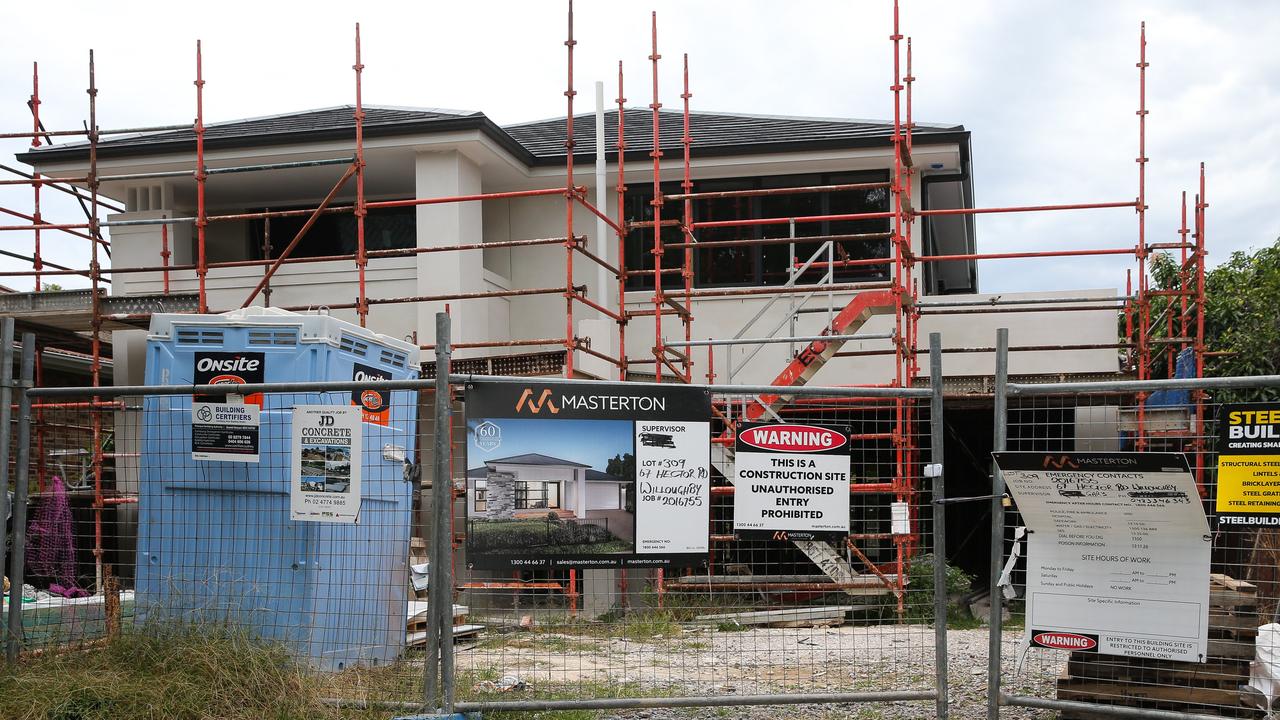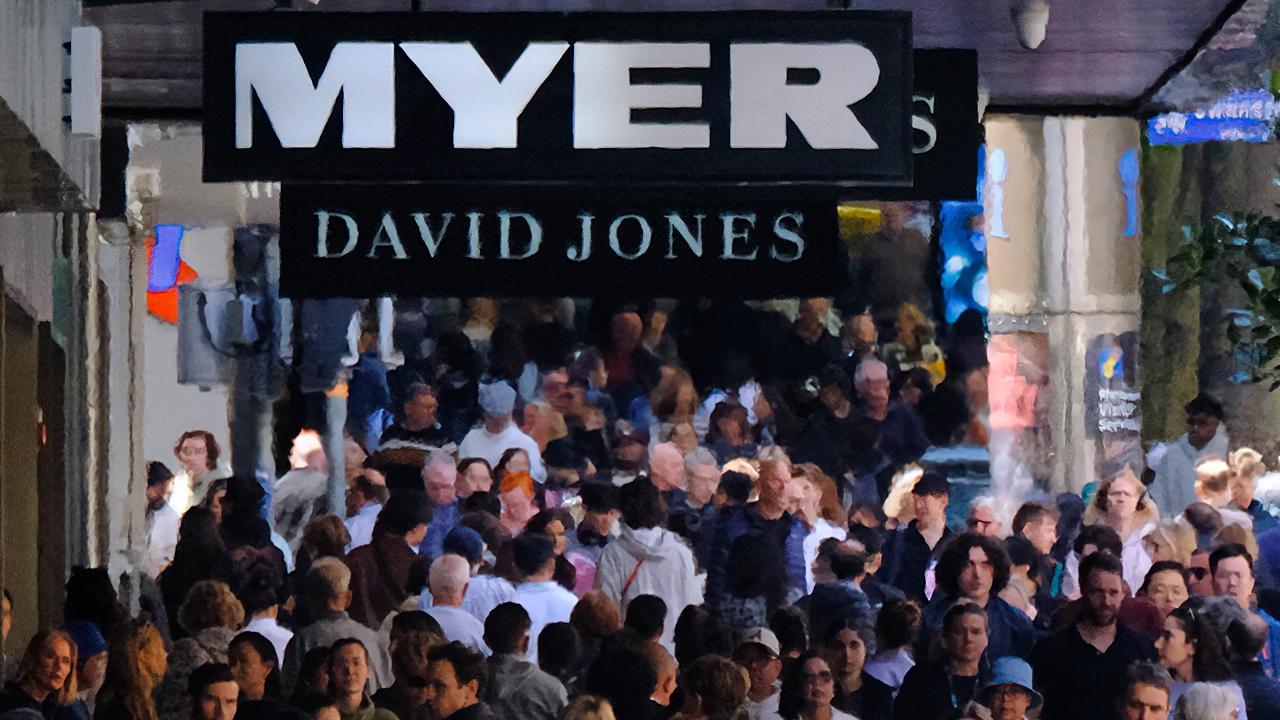Rate rises hit house sales
THE Reserve Bank's interest rate rises have sent housing markets plunging around the country, with the squeeze hitting those on low incomes the hardest.
THE Reserve Bank's interest rate rises have sent housing markets plunging around the country, with the squeeze hitting those on low incomes the hardest.
Both the owner-occupier and investor ends of the market have dropped, but the biggest fall has been in purchases by first-home buyers and of new project homes.
Australian Bureau of Statistics figures released yesterday for new mortgage approvals support the central bank's forecast that the dive in consumer confidence will slow the economy this year.
The Treasury is expected to forecast a sharp fall in economic growth in the Budget.
Home loans fell by 6.1 per cent in March to 44,900, the lowest level in three years. This followed an 8.1 per cent drop in February.
Rate rises hit home
BT Financial Group chief economist Chris Caton said the housing numbers showed the RBA's rate rises were gaining traction.
"The best course of action is for the Reserve Bank to run the risk of letting the inflation genie out of the bottle rather than run the risk of slowing the economy too much," he said.
Westpac senior economist Andrew Hanlan said the rate rises were forcing people to delay their entry into the housing market.
"This will exacerbate the housing shortage, placing further upward pressure on rents," he said.
The number of first home-buyers has been slipping since last November. It dived 12.3 per cent in March and has now dropped 27.8 per cent in five months.
The number of project homes being sold dropped by 11.5 per cent, while the number of loans to finance the construction of new homes fell 4.6 per cent.
Housing Industry Association chief economist Harley Dale said: "We have a chronic shortage of housing stock and updates such as we have seen today tell us there is no short-term turnaround in sight."
Investment in rental property has been falling since the middle of last year and dropped by 7.1 per cent in March and is now 25.6 per cent below its peak in the middle of last year.
Economists said the fall in housing loan approvals might have been exaggerated by the early timing of Easter this year, although the ABS said it had adjusted for this.
Auction action eases
Citigroup joint chief economist Paul Brennan said there had been some levelling in the market over the past four weeks, with auction clearance rates steadying at 47 per cent in Sydney and 61 per cent in Melbourne. However they dived to 23 per cent in Brisbane.
He said this was consistent with falling house prices in Brisbane and western Sydney, with flat growth across the NSW capital, but relatively better performance in suburban Melbourne.
The concern is that with marginal buyers, including first home-buyers and investors, dropping out of the market, pressure on sellers to accept lower prices will increase.
The latest business survey from the National Australia Bank shows business confidence is still falling, down by 8 points to its lowest level since the September 11, 2001, attacks.
The survey's overall measure of business conditions remained steady in April, after sharp falls in the previous months. Although sales and profits were down, companies still expected to keep hiring new staff.
But NAB chief economist Alan Oster said weakness in sales and, in particular, forward orders suggested the pace of economic growth was slowing.
The survey shows wage pressure is continuing, with increases in the past three months averaging an annual growth rate of 5.6 per cent, with the biggest increases in mining and financial services. The survey shows that both business costs and retail prices are growing more rapidly than they were six months ago.



